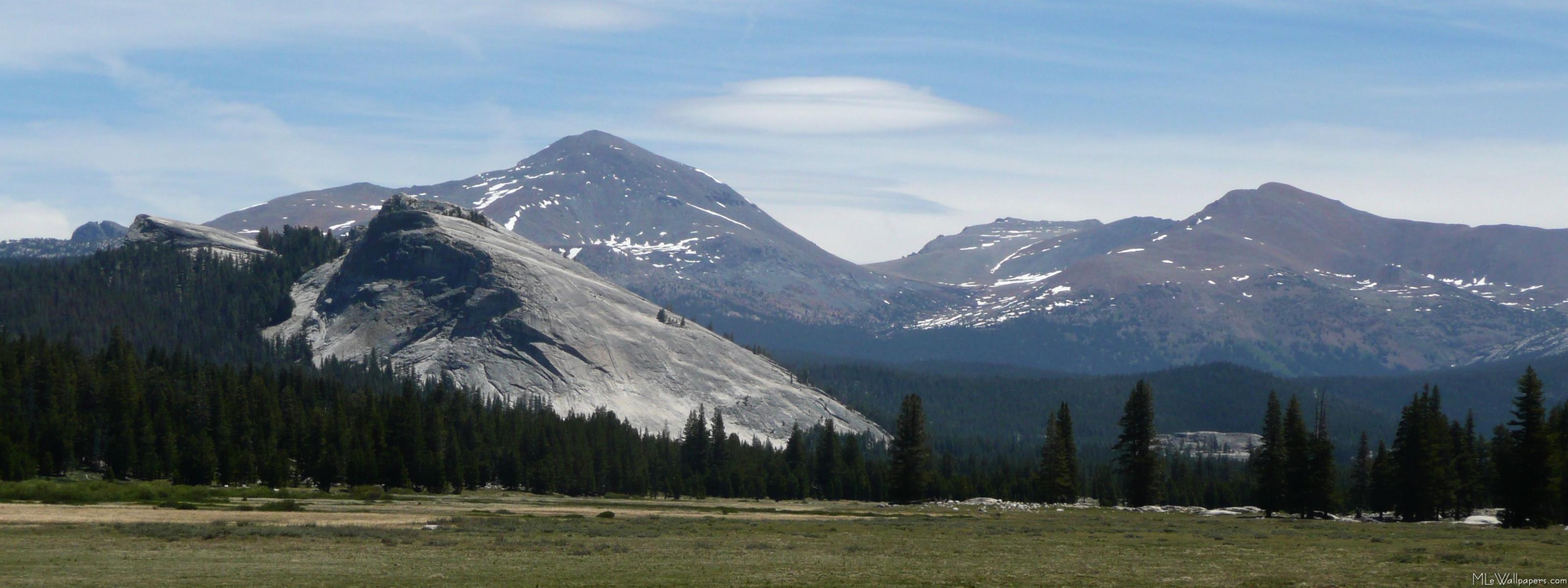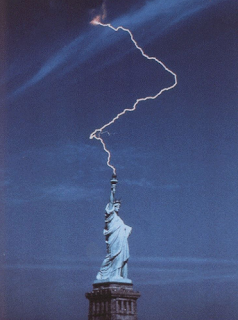In the last two years, we've begun to use Do Now as our main current events resource and prompt. It's a been a great resource to get multimedia and multi-opinion perspectives and analysis on different ongoing issues. For example in the last couple of years, my students have examined illegal immigration, ethics in journalism, the drought, minimum wage, vaccinations, the Charlie Hebdo attacks, and the Syrian refugee crisis among other issues.
The attitude we try to take in my classroom is that we need to get to the bottom of the issues and we need to analyze with how or why questions to do that. However, we often need background and context before we can get to the analysis.
Teaching current events has become so much easier with the greater proliferation of internet access in the classroom. I teach at Minarets High School in the foothills of the Sierra Nevada between Yosemite and Fresno and our students are 1:1 with laptops. However, even without every student having a computer, the internet has allowed me to bring the world into my classroom. One of the best examples was the Arab Spring. I was teaching at a continuation school in Mariposa County and we had a great time learning about the different issues that were coming to play in downtown Cairo, which could not have been farther from rural California and, none of my students had a laptop. We printed articles from the internet and watched video reports on the big screen and were able to analyze what was going on in real time.
Another great example, which will illustrate how we currently use current events and Do Now, was the recent attacks in Paris. The attacks occurred on a Friday afternoon for us on the West Coast which meant I had the weekend to gather resources for my students to understand what had happened. I created a Google Doc on the Paris Attacks with links to resources and guiding analytical questions regarding the attacks. I modeled the resources on those KQED uses on their Do Now's and I added my usual guiding analytical questions.
I put the link on the class blog and we watched the videos together and answered the questions as a group with all the students putting their answers in their own words:
As you can see, the Paris Attacks Google Doc was in the blog and the students were able to access the resources and the guiding questions. With the Paris Attacks, I knew most of my students knew very little about ISIS and Syria, but that they had some background with the war in Iraq. All of this meant that we had to begin with summary types of questions, the who, what, where, and when. From there we could move into deeper analysis and get into the hows and whys of terrorism and ISIS.
I always try to make what we study as personal as possible. I did this with the Paris attacks. As I have been a student of the Middle East and terrorism from my undergraduate days, what happened in Paris made a perverse kind of sense to me, while at the same time my sister had lived in Paris for about 15 years and I had spent a lot of time over the years there enjoying soccer games and bistros among other attractions of the city. I had also been a fan of The Eagles of Death Metal since their earliest days. I felt I had a number of angles to take on this tragedy. I was comfortable talking about terrorism and the Middle East and I was outraged at the attacks.
First off, we listened to the Eagles of Death Metal as we worked. I had the students answer the questions on their own as I circulated around the room and made sure that none of the racier Eagles of Death Metal songs got played. After about 15 minutes, we discussed the students' answers to the questions and made sure that everybody had a good understanding of the underlying issues as to why ISIS existed. However, at the same time, I kept stressing the complexity of the questions and history we were dealing with and that we weren't going to fully get to the bottom of ISIS and the Paris attacks, because this was all so complex.
We then went through the summary of what we knew about the attacks themselves and then we got into the analysis with the videos. The PBS Newshour is a great resource as their video segments are very well-researched and their guests come from a wide range of perspectives, and the segments are rarely longer than 10 minutes, which means they get to the point and don't take the whole class to get through. By the end of the day, we had a good understanding on who and what ISIS was, what had happened in the attacks, and a decent understanding on why they may have taken place. The bottom line again was that the issues and history were extremely complex. However, at the end, I also warned the students that anybody who offered a simple answer to these complex answers needed to be severely questioned as these issues weren't going to be simply solved.
On other more normal days, my classes will get a link once or twice a week on the class blog to the resources for KQED's Do Now:
In this case, we were examined the screening of Syrian refugees and whether or not the screening was adequate and whether or not the refugees should be allowed to enter the United States and our communities and if so, under what circumstances. This was a great follow up to our work on the Paris attacks and gave us a much closer to home connection to what was going on and allowed us to broadcast and streamline our opinions on Twitter:
Oftentimes, we have discussed and argued with other students from around California on Do Now through Twitter and we have been amazed at how we can engage in civil discourse on intense issues with people we have never met and who live in very different settings.
With Twitter, I try to answer and prod as many Tweets as possible. I try to coax students into better, more considered answers that get closer to the bottom of these questions. I make sure to model positive, civil discourse. I also try to like as many answers as possible as well. If we're going to use Twitter, we better use it!
At the same time, we were understanding ISIS and using Twitter to quickly explain and broadcast our opinions, we were also able to look in to the difference in media coverage on the attacks in Paris and those that had just happened in Beirut. We also had a few students through their Tweets began to ask just how exactly the screening process was conducted. So, over the next couple of days we investigated in greater depth the process and finally we asked ourselves whether or not we would be comfortable allowing refugees into our communities. After this three day process, we had a much better understanding of a hugely complex set of issues. We started with homemade sets of questions and resources and moved from their to Do Now and finally were able to use Twitter to answer questions on a controversial topic.
In the end, I had been looking for internet resources to help my students be exposed to current events in an engaging manner. KQED's Do Now has been our number one go-to resource and the PBS Newshour has been an excellent source as well. We have been able to analyze and debate far flung topics and have been able to see how current events can be brought home, be engaging, and relevant.
What do you think? Please let me know. Learning is my business!


















